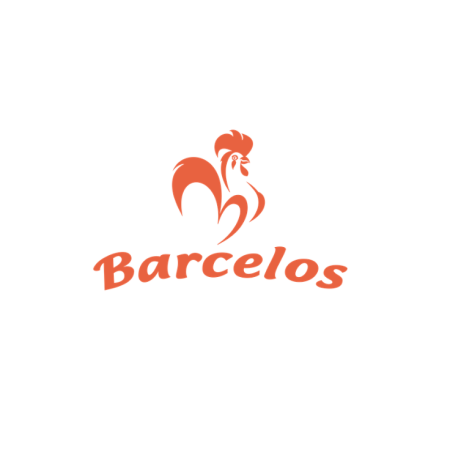Introduction
Securing bank finance to fulfil your dream of owning a franchise in South Africa can be a pivotal step towards entrepreneurship. However, the process can be intricate and demanding. This article will guide you through the essential requirements and steps in obtaining bank financing for franchise ownership in South Africa.
- Solid Business Plan
A robust business plan is the cornerstone of your franchise financing journey. It should outline your franchise’s potential for success, including market analysis, projected revenue, expenses, and growth strategies. Banks assess your business plan to determine your venture’s viability and ability to repay the loan. It’s important to indicate how you did your research and what your assumptions are based on.
- Franchise Selection and Due Diligence
Choose a franchise with a proven track record, as this can enhance your credibility in the eyes of potential lenders. Conduct thorough due diligence on the franchise’s financial health, reputation, and support systems. Banks are more likely to offer financing for franchise brands with a track record and the required documentation, including the franchise agreement, Disclosure Document and Operations Manual.
- Personal and Business Credit History
Your personal and business credit history will play a significant role in securing bank financing. Maintain a healthy credit score by paying bills on time and managing your debts responsibly. Banks use your credit history to assess your financial responsibility and risk level. Also, consider your lifestyle, current salary, and whether you can service your obligations through the franchise.
- Initial Investment
Banks often require a portion of the franchise businesses initial investment to be contributed from your savings or cash (also called “own contribution”. This shows your commitment to the business and reduces the bank’s risk. In South Africa, most banks and franchisors require a minimum own contribution of 50% of the total investment required.
- Collateral and Assets
Banks may request collateral, such as property, equipment, or other valuable assets, to secure the loan. Collateral is a backup plan for the bank if you cannot repay the loan. Having valuable assets to offer as collateral can improve your chances of approval.
- Financial Statements and Projections
Prepare detailed financial statements, including balance sheets, income statements, and cash flow projections. These documents give the bank insights into your own financial health, the potential earnings of the franchise and its ability to generate sufficient revenue to cover loan repayments.
- Business Experience and Management
Your experience in the industry or business management can influence the bank’s decision. Having relevant skills and expertise increases your credibility as a potential franchisee. If you lack experience, emphasise the training and support provided by the franchisor.
- Legal and Regulatory Compliance
Ensure that all legal and regulatory requirements are met. This includes registering your business, obtaining necessary licenses, and adhering to local regulations. Banks want to ensure they invest in a legally compliant and stable venture. If the franchise is not open yet, indicate how you plan to meet all legal and regulatory requirements.
- Relationship with the Bank
Building a solid relationship with the bank can work in your favour. Establish open communication, showcase your commitment, and promptly provide any additional information they request. It’s critical to provide all supporting documentation when submitting the finance application. Failure to do so will result in delays in assessing the loan application’s outcome.
- Franchisor Support and Endorsement
Many franchisors have established relationships with banks or financial institutions. Franchisor endorsement can enhance your credibility and increase the likelihood of loan approval. Some franchisors even offer financial assistance or guidance in obtaining financing. At the very least, you should have a letter from the franchisor confirming that you are approved as a franchisee in principle and subject to securing the required finance.
Conclusion
Securing bank finance for a franchise in South Africa requires meticulous preparation and attention to detail. A solid business plan, reputable franchise selection, healthy credit history, collateral, financial statements, relevant experience, legal compliance, and a strong bank relationship are all essential factors. Remember that every bank may have slightly different requirements, so it’s critical to research and communicate effectively to maximise your chances of obtaining the necessary financing to embark on your franchise ownership journey.










